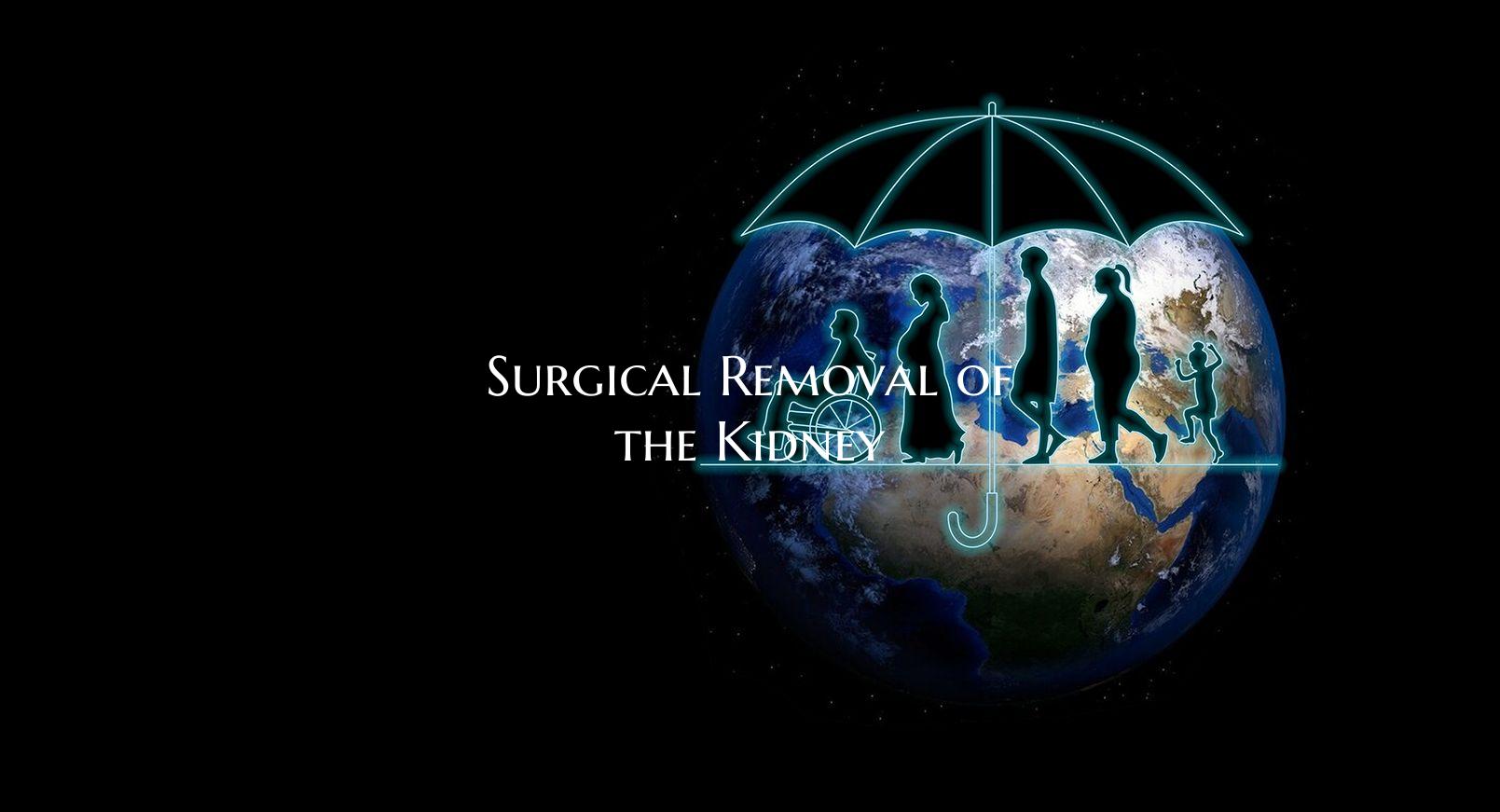
Surgical Removal of the Kidney
Introduction: Surgical removal of the kidney, known as a nephrectomy, is a medical procedure performed to treat various kidney conditions and diseases. It may involve partial or complete removal of the kidney, depending on the underlying condition. This article provides an overview of the surgical procedure, recovery process, and outlook for patients undergoing a nephrectomy.
Types of Nephrectomy: 1. Partial Nephrectomy: Involves removing only a portion of the kidney, typically performed to treat kidney tumors or other localized conditions. 2. Radical Nephrectomy: Involves removing the entire kidney along with surrounding tissues and lymph nodes, often done to treat advanced kidney cancer or severe kidney damage. 3. Laparoscopic Nephrectomy: A minimally invasive surgical technique that uses small incisions and specialized tools to remove the kidney, resulting in quicker recovery and less scarring.
Procedure: - Before the surgery, patients will undergo various tests and evaluations to ensure they are healthy enough for the procedure. - Anesthesia will be administered to ensure the patient is unconscious and pain-free during the surgery. - The surgeon will make an incision in the abdomen or side to access the kidney and carefully remove it while preserving surrounding structures. - The procedure may take several hours, depending on the type of nephrectomy being performed. - After the kidney is removed, the incision will be closed with sutures or staples, and a bandage will be applied.
Recovery: - Patients will typically stay in the hospital for a few days after the surgery to monitor their condition and manage pain. - It is normal to experience some pain, swelling, and discomfort after a nephrectomy, which can be managed with pain medications. - Patients will be advised to gradually resume normal activities, avoiding heavy lifting or strenuous exercise for several weeks. - Follow-up appointments will be scheduled to monitor the patient's recovery and overall kidney function.
Outlook: - The outlook for patients undergoing a nephrectomy depends on the reason for the surgery and the overall health of the patient. - In cases of early-stage kidney cancer, surgical removal of the kidney can be curative and offer a good prognosis. - For patients with advanced kidney disease or cancer, a nephrectomy may be part of a comprehensive treatment plan that includes other therapies such as chemotherapy or radiation.
Conclusion: Surgical removal of the kidney is a critical procedure that can help treat various kidney conditions and improve overall health and quality of life for patients. By understanding the surgical procedure, recovery process, and potential outcomes, patients can be better prepared for undergoing a nephrectomy and working towards a successful recovery. It is important for patients to discuss any concerns or questions with their healthcare provider before and after the surgery to ensure the best possible outcome.